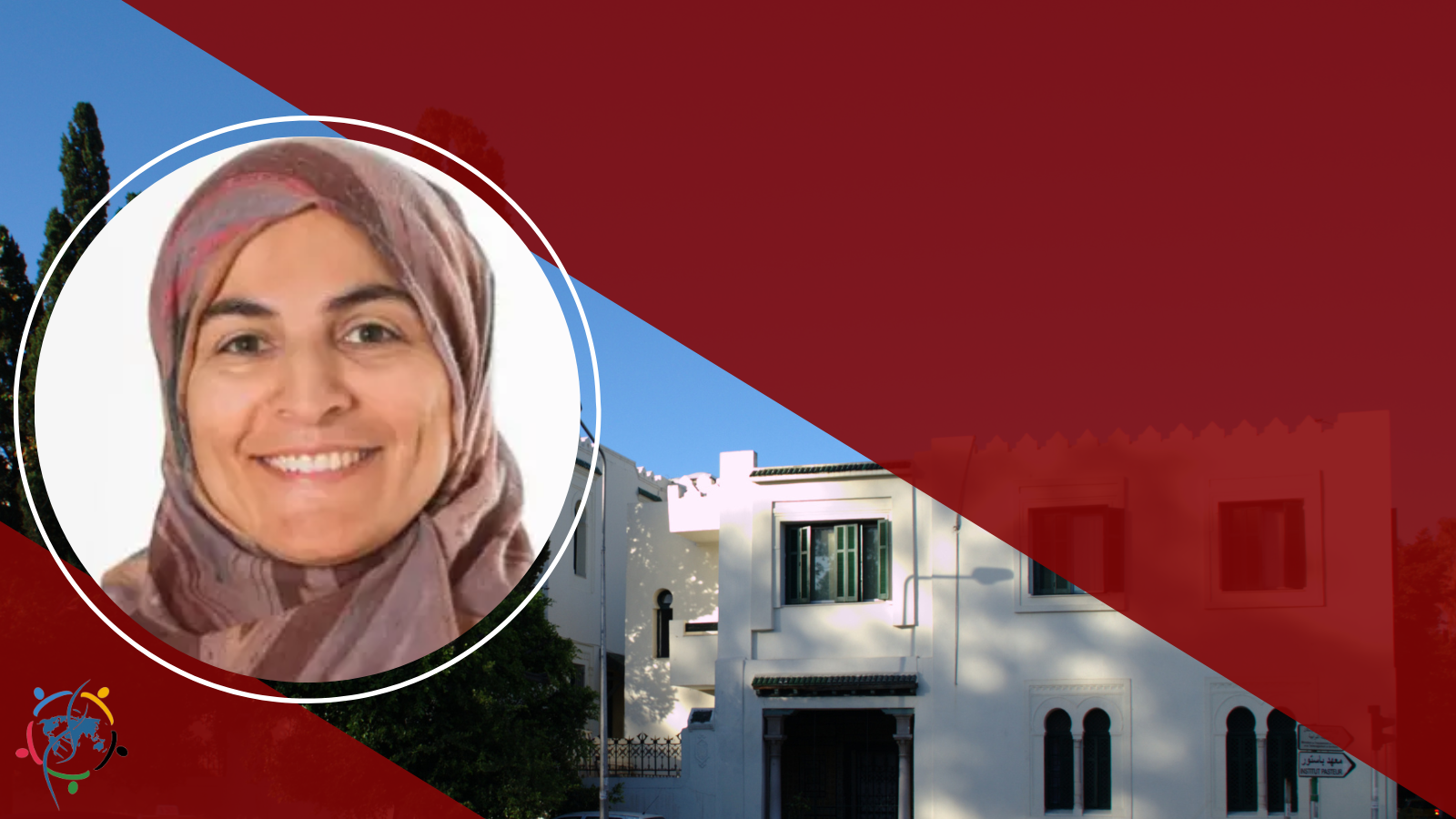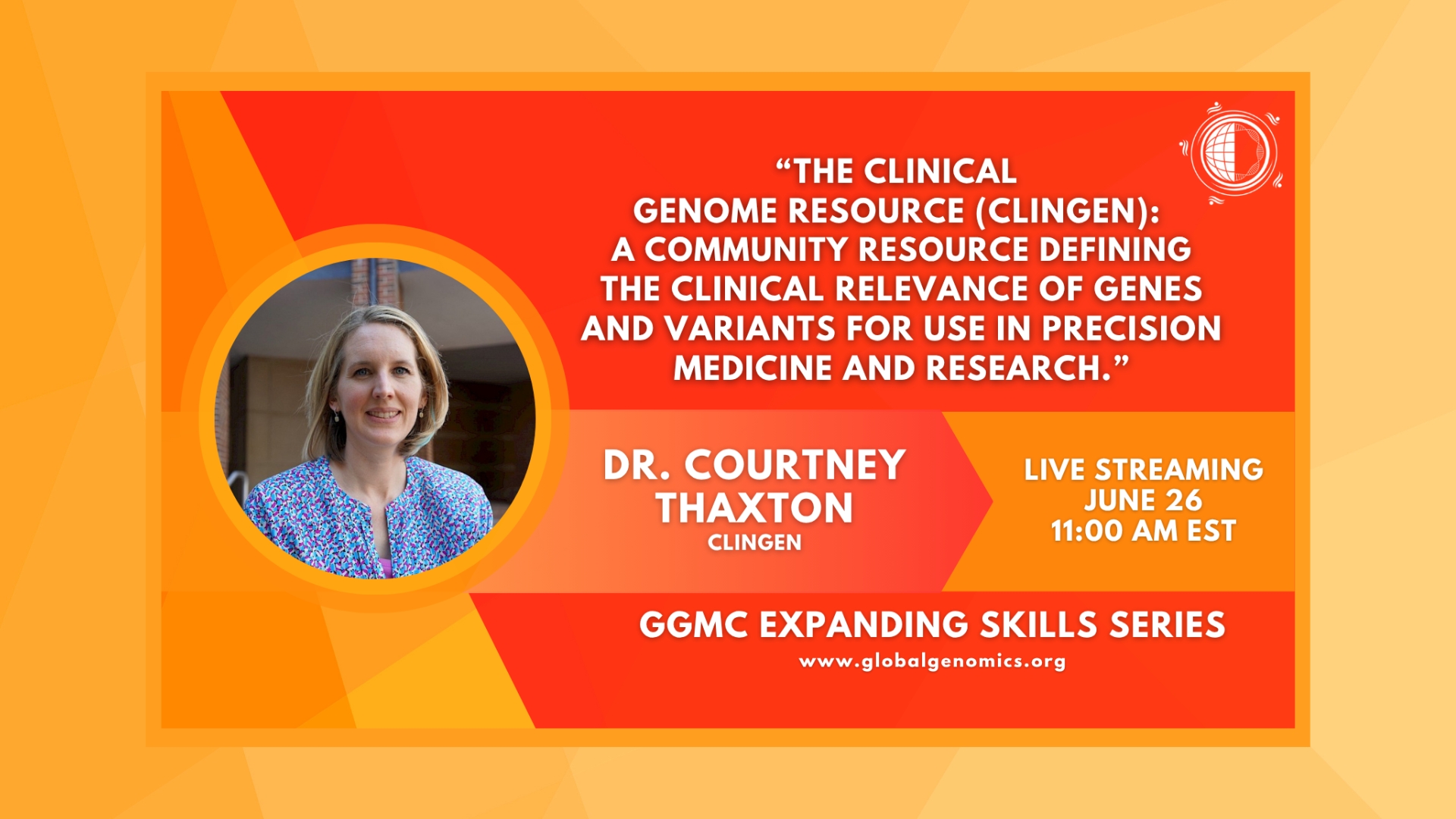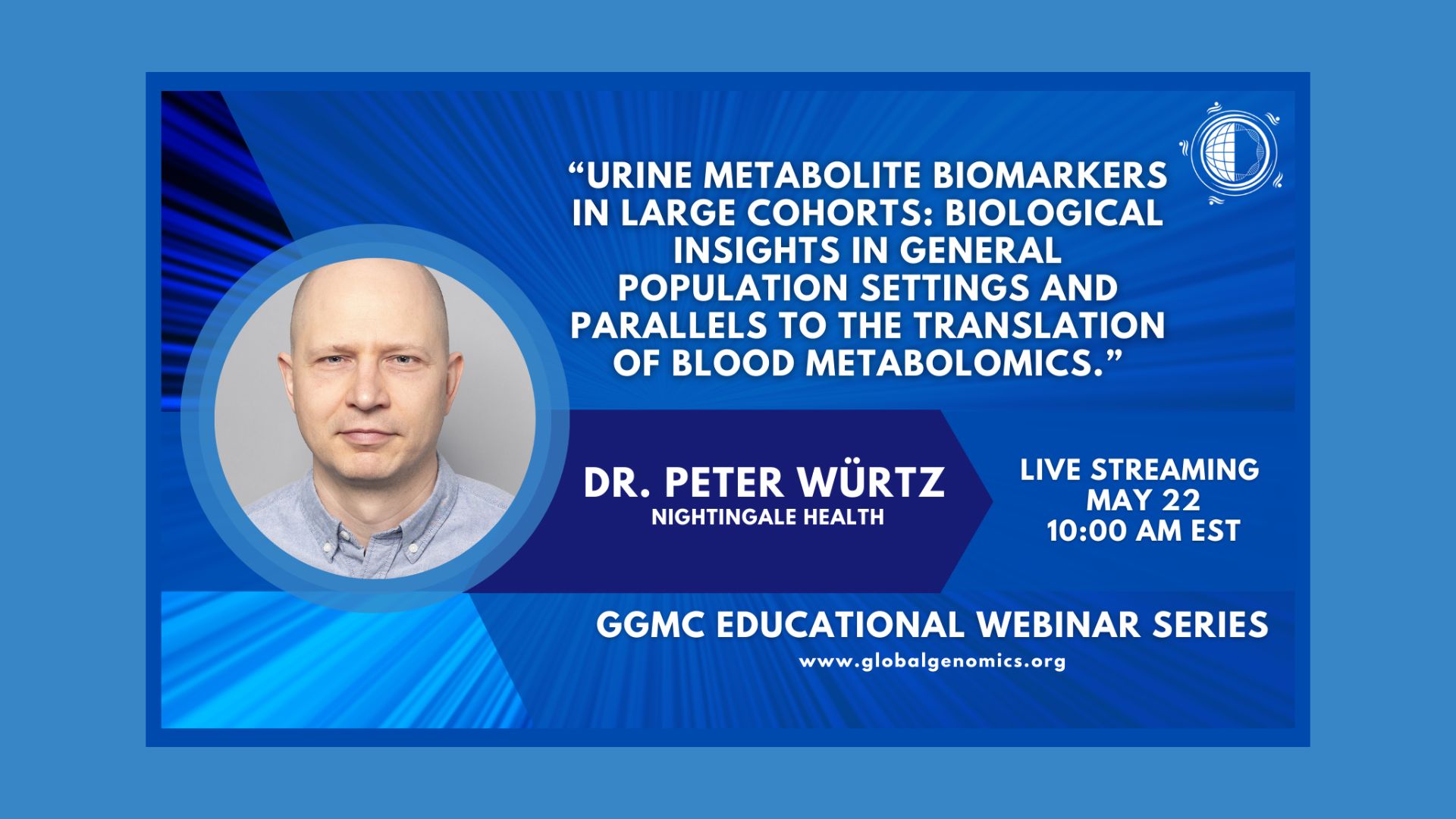In this edition of our Early Career Investigator (ECI) Interview Series, we’re excited to chat with Dr. Olfa Messaoud Ezzeddine, an Assistant Professor working at the Institut Pasteur de Tunis in Tunisia in the field of Human Genetics. During the last 17 years, Dr. Ezzeddine has been steadily working on the molecular basis of rare DNA-repair diseases.
“I am currently focusing on ultra-rare diseases and I am eager to learn about the process of discovering new genes for undiagnosed patients,” she said.
This decade-plus pursuit has led her to enroll at the Harvard Medical School, specifically as part of the ‘Medical Sciences in Clinical Investigation’ program within the O’Donnell-Luria Lab. Her current work is specifically focused on “identifying genetic etiologies of rare diseases and making use of this information to offer better care for patients and their families.”
While not initially pursuing medicine as a field, a desire to find better solutions for helping those around her was the catalyst for Dr. Ezzeddine’s drive to help others, particularly those afflicted by rare diseases, “I have always been passionate about improving patients’ health and advancing our understanding of the human complexity,” she notes, “These were the major drivers in helping me choose the field of Human Genetics and conducting further research on rare diseases.”
This drive has proven fruitful, with Dr. Ezzeddine’s list of accomplishments being numerous. During her tenure as a PhD student, she has had the opportunity to share her expertise with international collaborators, primarily from North Africa, including Morocco, Egypt, Libya, and most recently, Algeria. “Working in a resource-limited setting was undoubtedly challenging, but it drove the need to adapt and/or develop new techniques for indirect genotyping,” she notes, “My goal was to allow as many patients as possible to benefit from a genetic result, especially those investigated for research purposes.”
Her eventual participation at the International Summit in Human Genetics and Genomics played a crucial role in being shortlisted for the National Human Genome Research Institute’s online Certificate program in Medical Genetics and Genomics.
“Attending the summit was behind being shortlisted to apply for the online Certificate program in Medical Genetics and Genomics offered by the NHGRI. My application was retained, I took the course and I succeeded two years later.”
Additionally, attending the Summit opened doors to new networking opportunities, including becoming part of G2MC.
She’s also part of the Arab-German Young Academy of Sciences and Humanities (AGYA) which she credits for transforming her understanding of ‘interdisciplinary.’
“I have learned through this academy that even the seemingly most divergent specialties can sometimes cross paths and build fruitful collaborations,” she exclaims. “I am currently conducting projects, with physicists on the use of advanced materials for health applications, with electrochemists on developing nanomaterial-based biosensors as alternatives to molecular biology techniques, and with archaeologists and anthropologists on historic and prehistoric populations by investigating ancient DNA to understand genetic diseases that occurred in the past.”
Continuing the theme of ‘interdisciplinary’, she noted some of her other interests, including her time with a support group for individuals with Xeroderma pigmentosum, also known as the “Children of the Moon.” She also has a strong passion for psychology and sociology as reflected in her publication, “Women in Science: What Are the Barriers for Women in Senior Career Positions.” In this work, she explores various social and psychological challenges that can hinder women’s career advancement, particularly regarding time management and meeting academic requirements. She additionally has a deep interest in Quran and Sharia Studies. This passion led her to complete a training course on Tajweed according to Imam Qalun’s narration in 2018.
Finally, she has a great love of the water, having grown up in the Kerkennah Islands. It’s not a part of her research sphere, but it’s certainly interdisciplinary as she states.
“Personally, I think that anything that’s worth researching should be interdisciplinary.”






